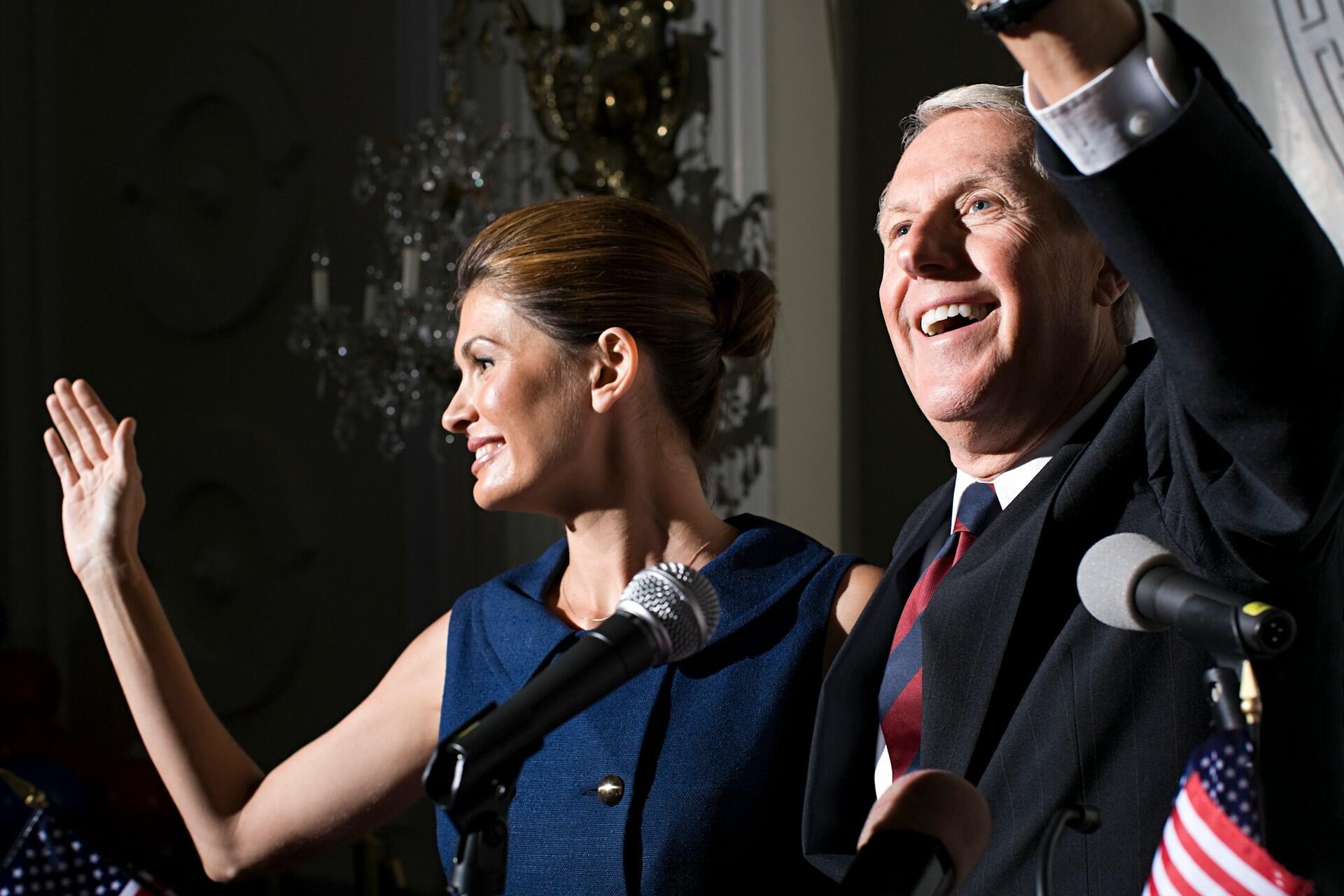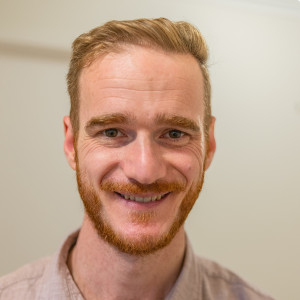The Pantheon Project informs academic research, as they estimate biographies' potential popularity. To make this assessment easier, the Project created a Historical Popularity Index (HPI), which ranks people according to various statistics. We relied on the HPI to inform our list of famous Irish leaders:
| 🎩Who? | 📅Born - died? | 🏆Notable for? |
|---|---|---|
| Arthur Wellesley | 1769 - 1852 | 2x UK Prime Minister Many military conquests |
| Edmund Burke | 1729 - 1797 | Establishing conservative values across the UK |
| Michael Daniel Higgins | 1941 - present | Ireland's current president, elected to a second term in a landslide electoral victory. |
| Michael Collins | 1890 - 1922 | Declared Irish independence |
| Causantín mac Cináeda | c. 836 - 877 | |
| Bartholomew "Bertie" Ahern | 1951 - present | The second-longest serving Taoiseach |
| Harald Gille | 1102 - 1136 | Ruled Norway for six years |
| George Plantagenet | 1449 - 1478 | An important player in the War of the Roses |
| Brian Cowen | 1960 - present | Being the worst Taoiseach in history. |
| Mary Robinson | 1944 - present | Being Ireland's first female president. |

Arthur Wellesley
It's rather unfortunate that the most famous Irish politicians from centuries ago served in foreign governments. Arthur Wellesley, the 1st Duke of Wellington, is a case in point. The record is sketchy, but most historians assign him Dublin as a birthplace, sometime around the start of May 1769.
However, his aristocratic roots are not in question, nor are his Protestant convictions. Both those qualities made him eligible for higher politics.
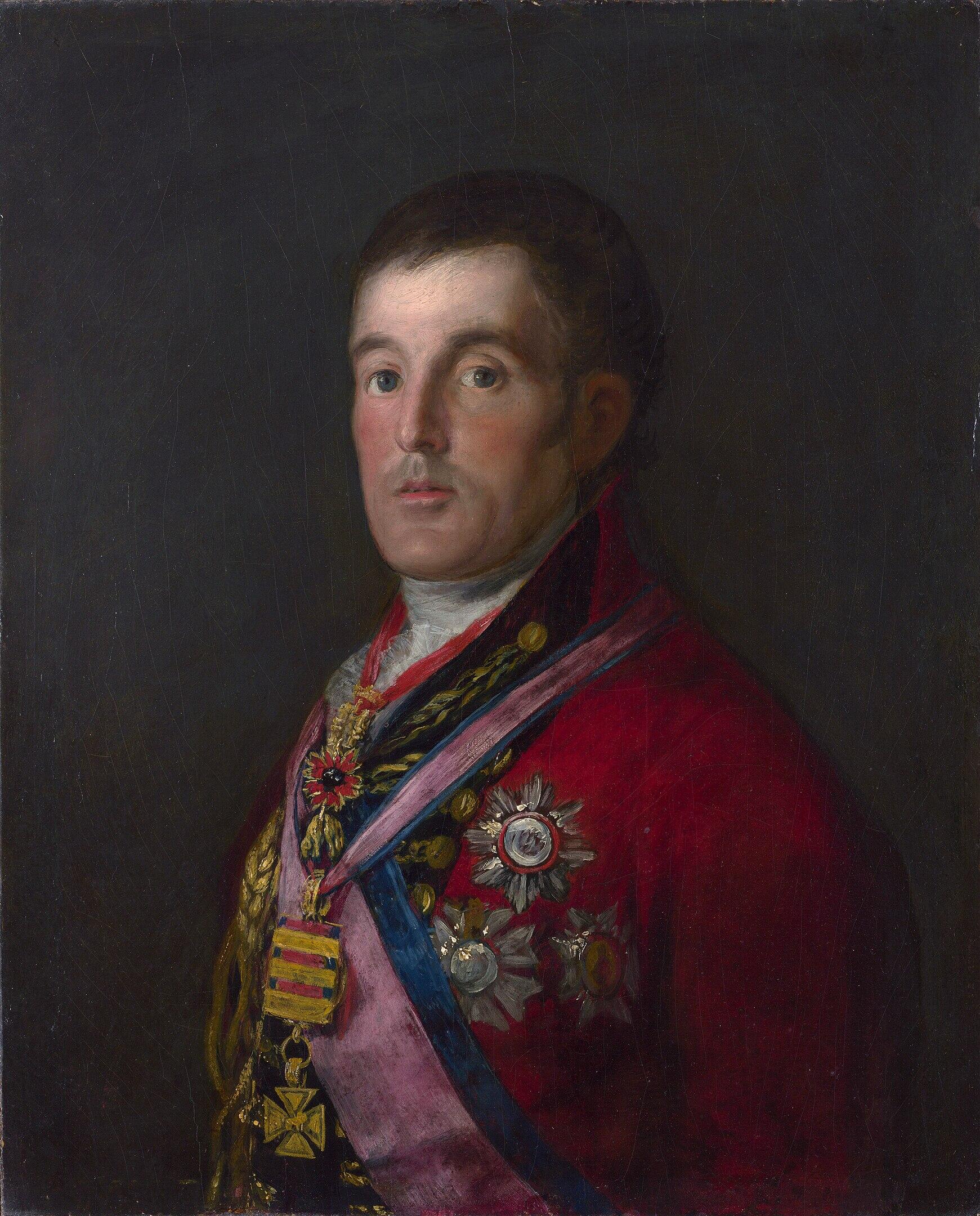
But first, he had military aspirations to satisfy.
He served in the British Army from 1787 to 1852.
He held the rank of Commander-in-Chief from 1842 to 1852.
Compared to his military career, the Duke's time in politics was paltry. It amounted to a little under three years as Prime Minister, and roughly five years as the leader of the House of Lords. Still, the military positions he held involved quite a bit of diplomacy, and rubbing elbows with the political class.
Edmund Burke
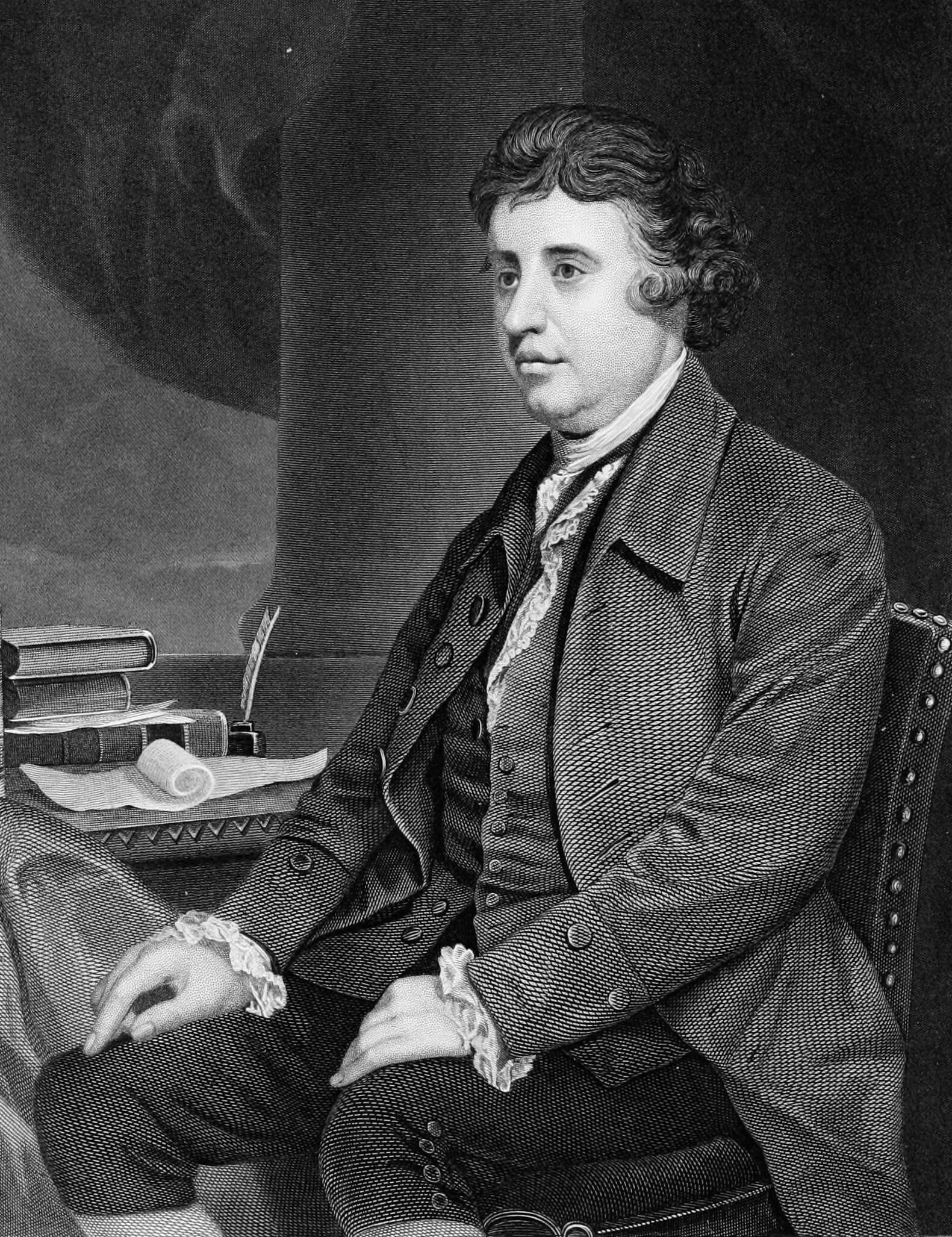
Edmund Burke was born in Dublin, into a relatively well-to-do family with uncertain roots. Historians dispute whether his father, Richard Burke, descends from the House of Burgh. This fact that would have placed the Burke family even higher on the social ladder.
Uncertain lineage aside, Edmund discovered his passion for words early in life. From a young age, he was an eloquent speaker, and had firm ideas about morality, legality, and society.
These made him the ideal candidate for political office, which he pursued with gusto. In fact, he held several public positions, all outside of Ireland:
1765 to 1774
Member of Parliament, representing Wendover
1774 to 1780
Member of Parliament, representing Bristol
1780 to 1794
Member of Parliament, representing Malton
1783 to 1784
Paymaster of the Forces
Oversaw the financing of the British Army
Were he alive today, Edmund Burke would count among Ireland's most famous personalities. He was well-spoken, and knowledgeable in many fields, particularly those related to the human experience. Though he held rigid views on what constitutes a quality life, they were in line with religious and social norms of his day.
Michael Daniel Higgins
The HPI ranks Ireland's current president the 3rd most popular/famous Irish politician. He hails from Limerick, and his father served in the Irish War of Independence. His first taste of politics came early, while still at university. He served as the president of the Student Union, University College Galway, for the 1964-65 academic year.
That experience was enough to steer him towards a life in politics. While still at uni, he joined Fianna Fáil, but switched to Labour soon after.
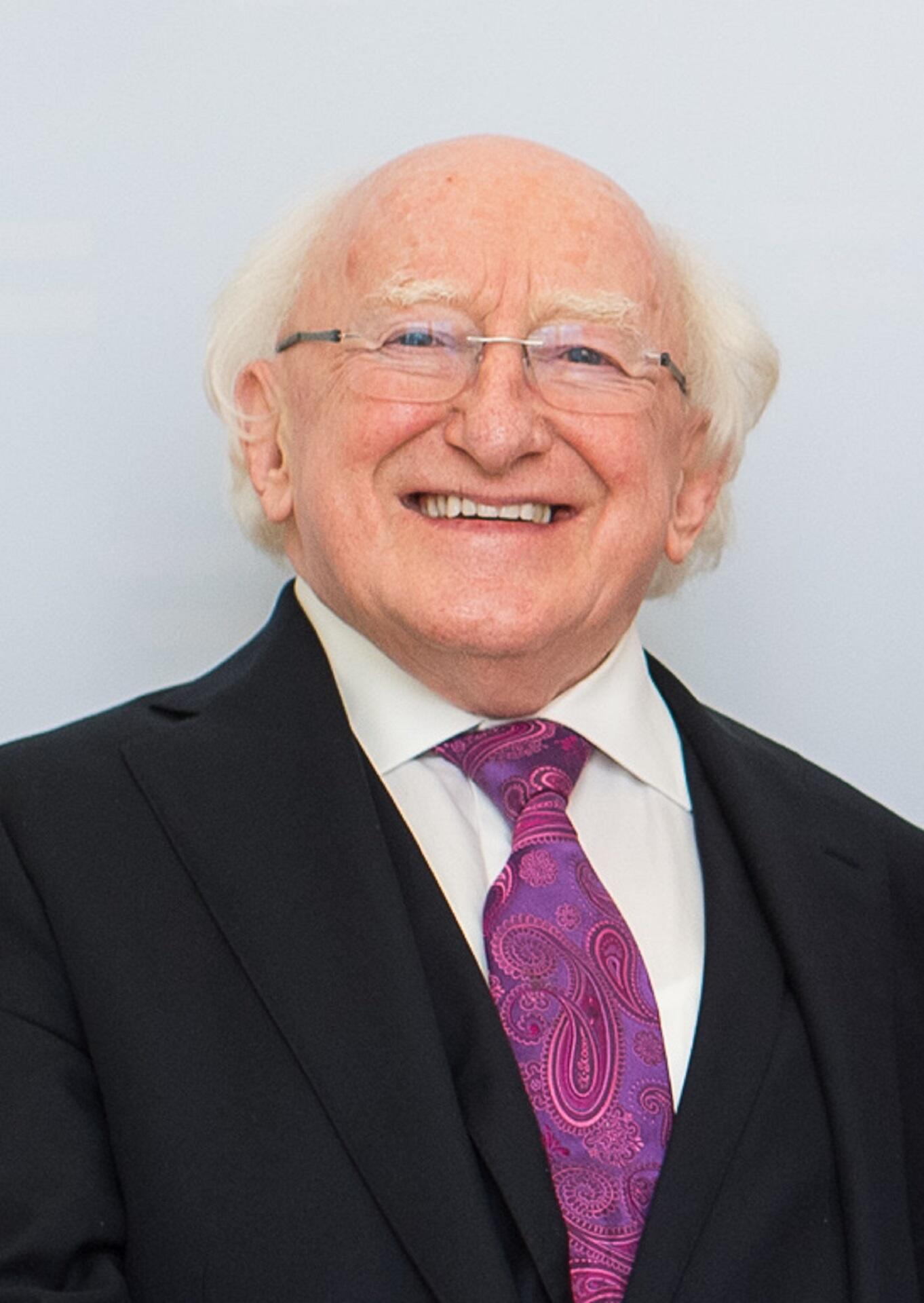
His first few political campaigns fell short the mark but, soon, he hit his political stride:
1973 to 1977
Seanad
Appointed by the Taoiseach
1981 to 1982
Teachta Dála, representing Galway West
Also served as Mayor of Galway during this time.
1983 to 1987
Seanad
Representing the National University constituency
1987 to 2011
Teachta Dála, representing Galway West
Also served as Mayor of Galway from 1990 to 1991
2011 to present
President of Ireland
Michael Collins
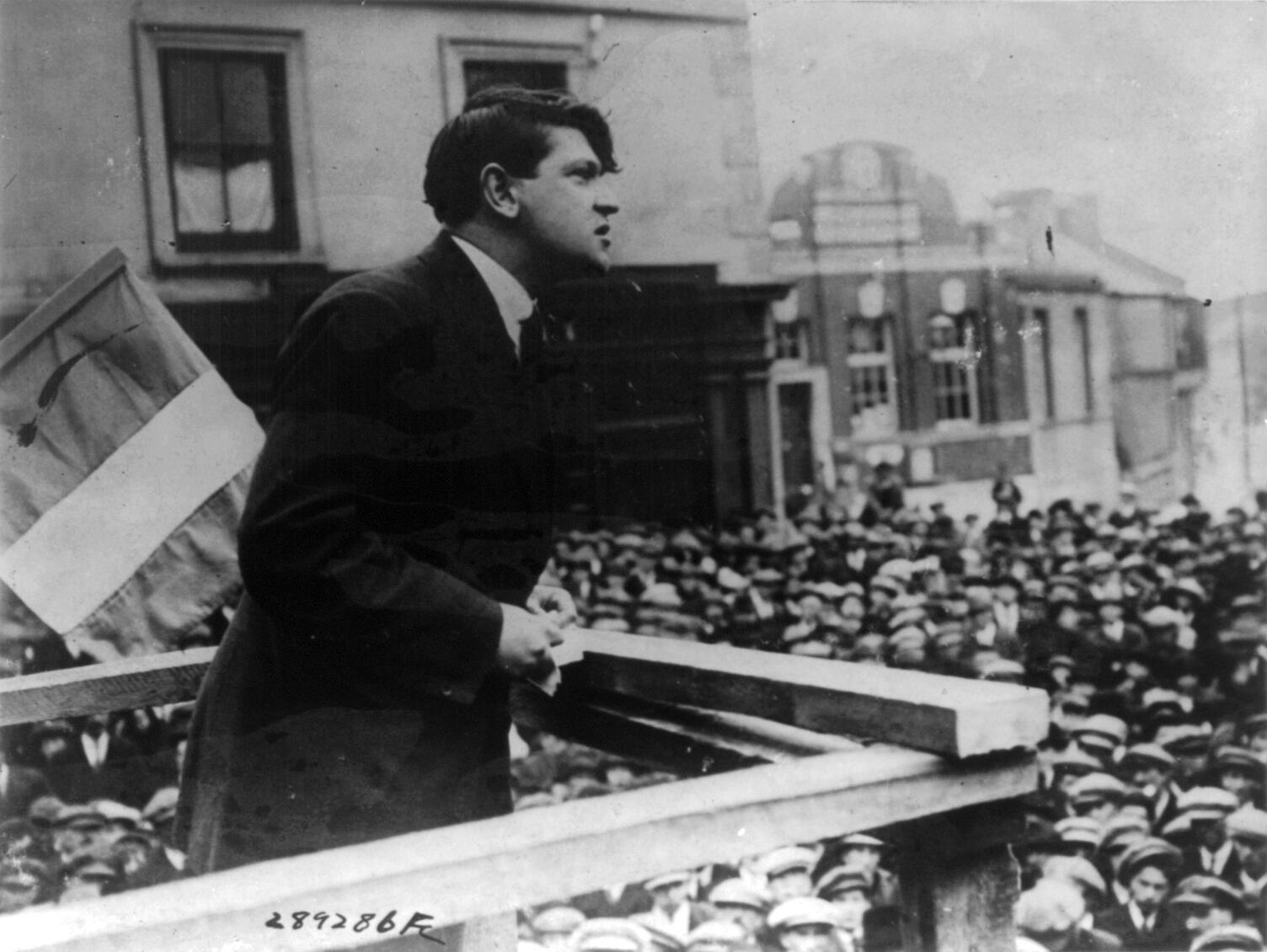
Michael is one of the most famous Irish leaders, both during the Revolution, and once the Irish government was established. Just look at the turnout for a speech he gave in 1922!
He was born in Country Cork, the last of eight children. He worked in London, but returned to Ireland in time to fight in the Easter Rising.
Despite his young age, Michael Collins displayed bravery and leadership throughout The Rising.
In 1918, he won his election to Parliament, representing South Cork.
Had he not been assassinated, we've no doubt Mr Collins would have continued doing great things for Ireland. So impactful was he that three famous Irish actors portrayed Michael Collins. In the 1991 film The Treaty, Brendan Gleeson played the lead role. Five years later, Liam Neeson dazzled as Collins in a film titled Michael Collins. And, in the 2019 television miniseries, Resistance, Gavin Drea claimed Michael's role.

Causantín mac Cináeda
As the fifth most famous Irish politician, Causantín mac Cináeda takes us back to the 9th Century. He also takes us to Scotland, where he ruled as the King of the Picts, from 862 to 877.
Records are minimal from those times, and tracing Causantín's connection to Ireland is difficult. We know that Viking activity spiked during his reign, including in Ireland.
And, that his son, Donald II of Scotland, was called 'Madman' (Dásachtach), in The Prophecy of Berchán.
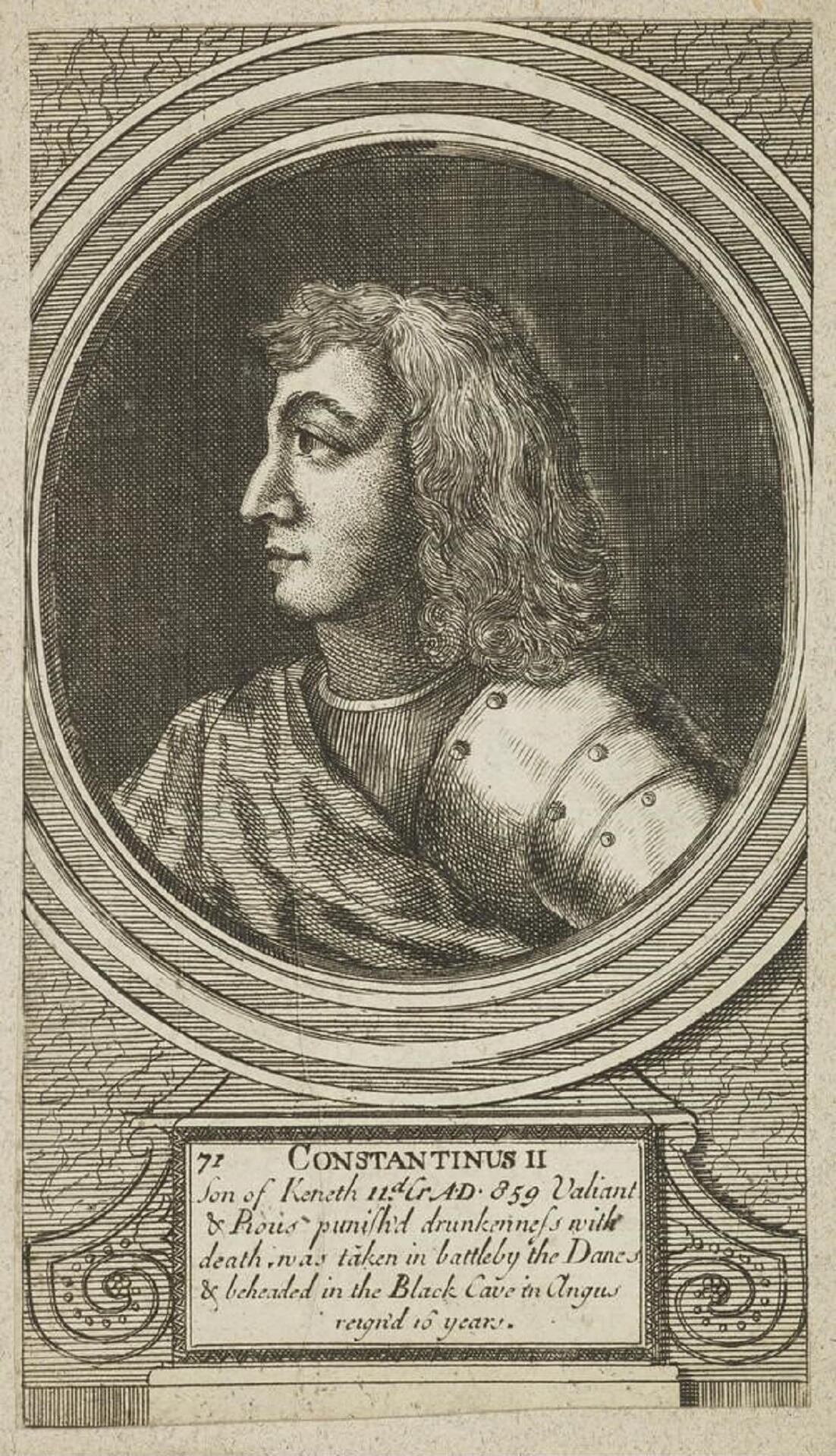
Those weak links are all we have to go on, to credit this king's Irish bona fides.
Bartholomew "Bertie" Ahern
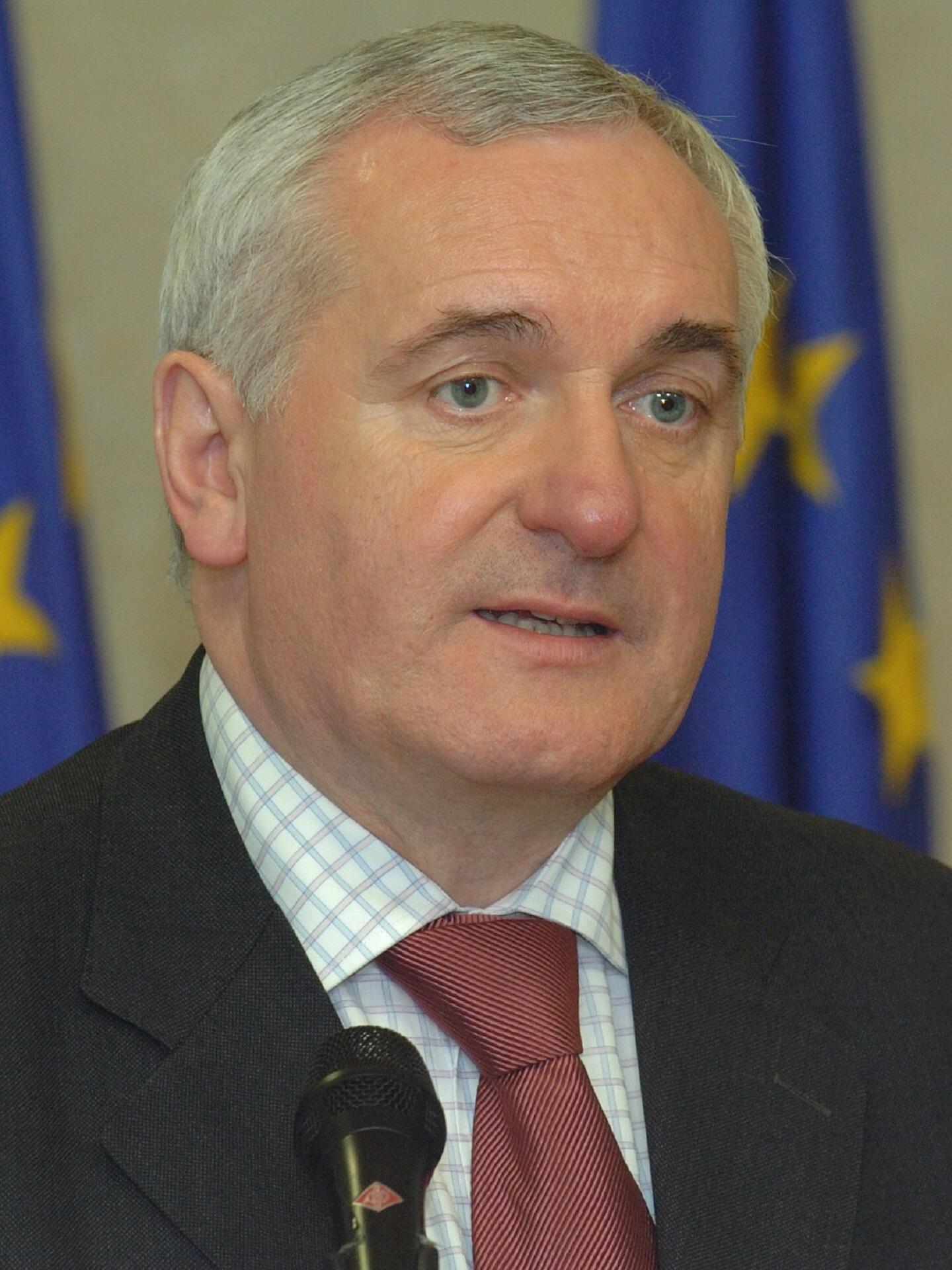
This Taoiseach was a career politician, beginning his involvement while still a teenager. He first took office in 1977, representing Dublin Finglas in the Teachta Dála. From there, he moved into national government, and became Ireland's Prime Minister in 1997.
His tenure was plagued with controversy, not the least of which was stepping down just ahead of the 2008 Great Financial Crisis. He handed the reins to a successor who would go down in Irish history as the worst Taoiseach ever.
After withdrawing from political life, Mr Ahern tried his hand at writing, publishing one sports article in a now-defunct newspaper. Then, he discovered he's a better public speaker. So, while he won't be joining the ranks of legendary Irish poets and authors, he figures prominently on our list of great Irish orators.
Harald Gille
By the time this Irish leader came to power, recordkeeping had improved. We know that King Harald IV was born around 1102, either in Ireland or the Hebrides. Historians suspect Ireland is more likely, because the Gille name traces back to Middle Irish language.
Some time around 1127, Harald travelled to Norway, claiming himself to be the former king's illegitimate son.
Records show this is a credible claim. Harald further claimed he was the current king's half brother. That king acknowledged the relationship, as long as Harald made no claim on any government office, or the crown. All bets were off after the king died, so Harald claimed the Norwegian crown (in 1130).
George Plantagenet
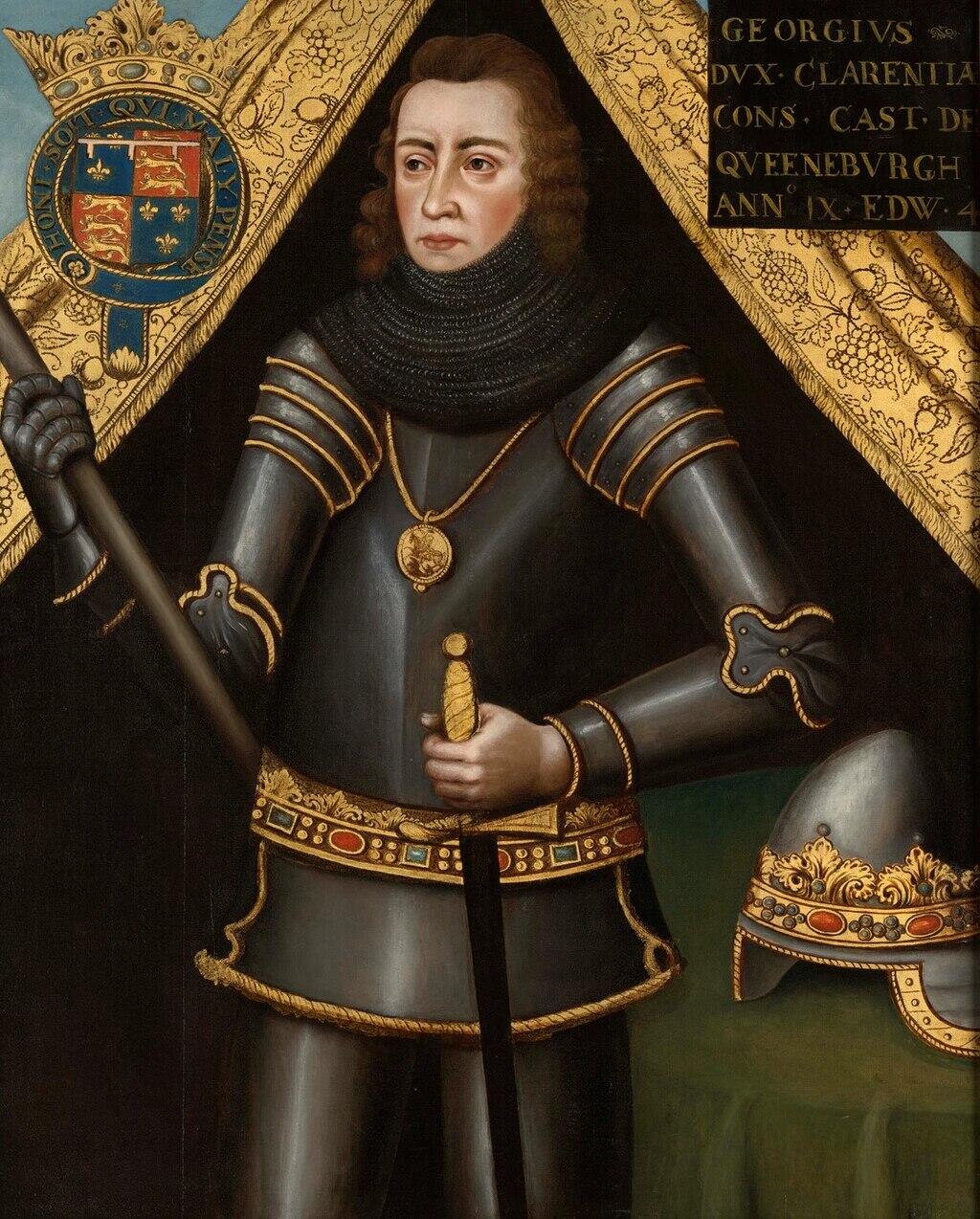
By his title alone, we know this Dublin-born Duke of Clarence belonged to the privileged class. He was the brother of two kings, Richard III and Edward IV. He was the youngest in his family, and had much competition for the throne. So, it's understandable that he would try anything to carve a position for himself, including scheming.
Too late, he realised his misplaced loyalty to his father-in-law did nothing to advance his own goals. George Plantagenet was executed when he was 26 years old.
The 1st Duke of Clarence ranks among the famous Irish figures in history, for his role in the War of the Roses. His brutal death did not stop anything he set in motion.
George repaid his older brother's generosity with betrayal. His shifting allegiances, and trying to outrace his brothers to the throne, brought him a charge of treason.
Brian Cowen
Renown doesn't come only from good deeds and a positive reputation. Former Irish Taoiseach Brian Cowen exemplifies that rule. He took office in May 2008, just before the Irish financial and banking crises.
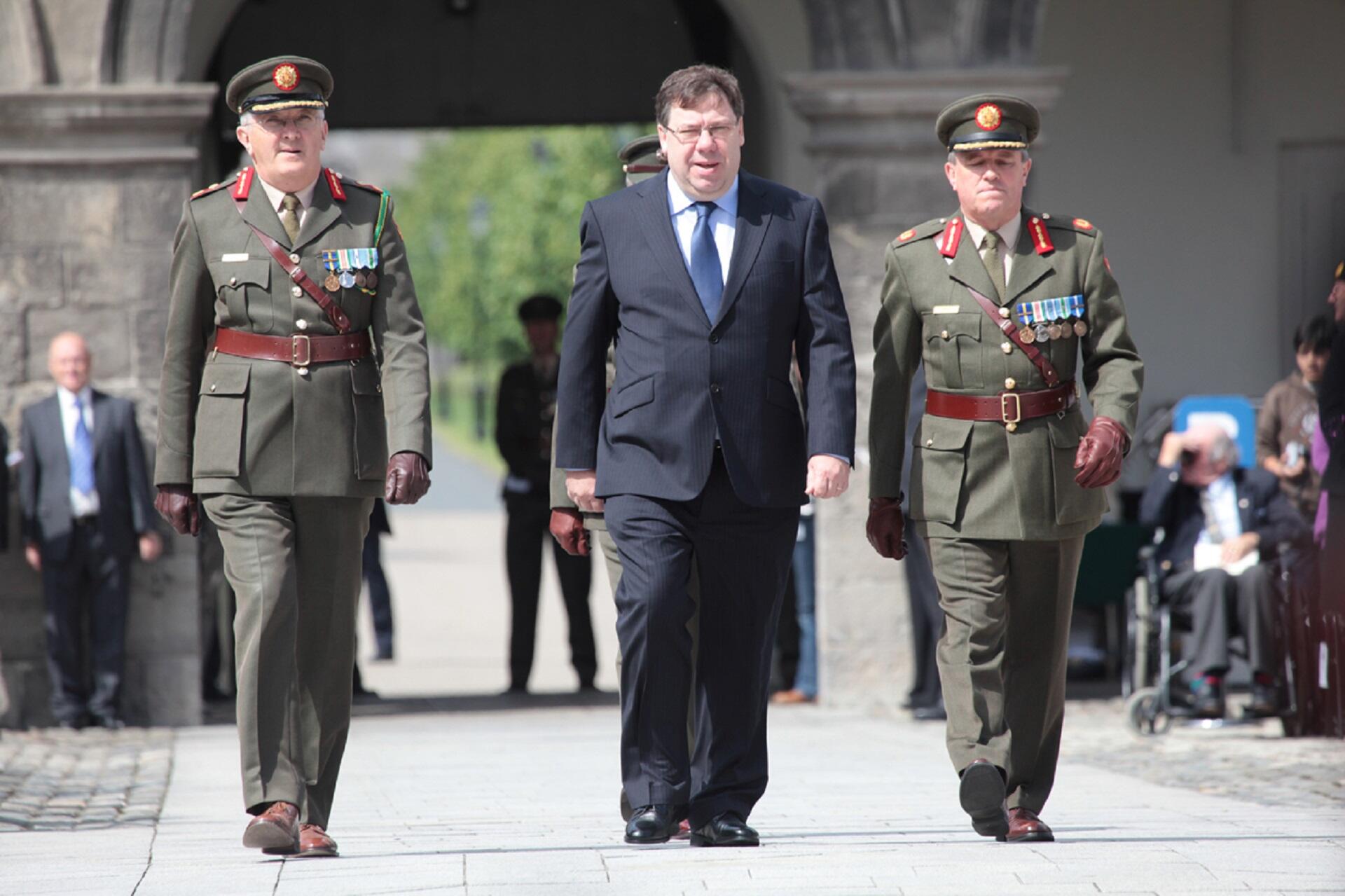
He received much criticism for the way he navigated these economic dangers.
Brian Cowen deserves some of the criticism he received.
However, no leader managed these emergencies perfectly - or well, even.
His already plummeting popularity took another hit when he 'humiliated' Ireland. He requested an International Monetary Fund (IMF) bailout, and more money from the European Union. His poll numbers nosedived; he holds the record for Ireland's lowest approval ratings for a politician.
Mary Robinson
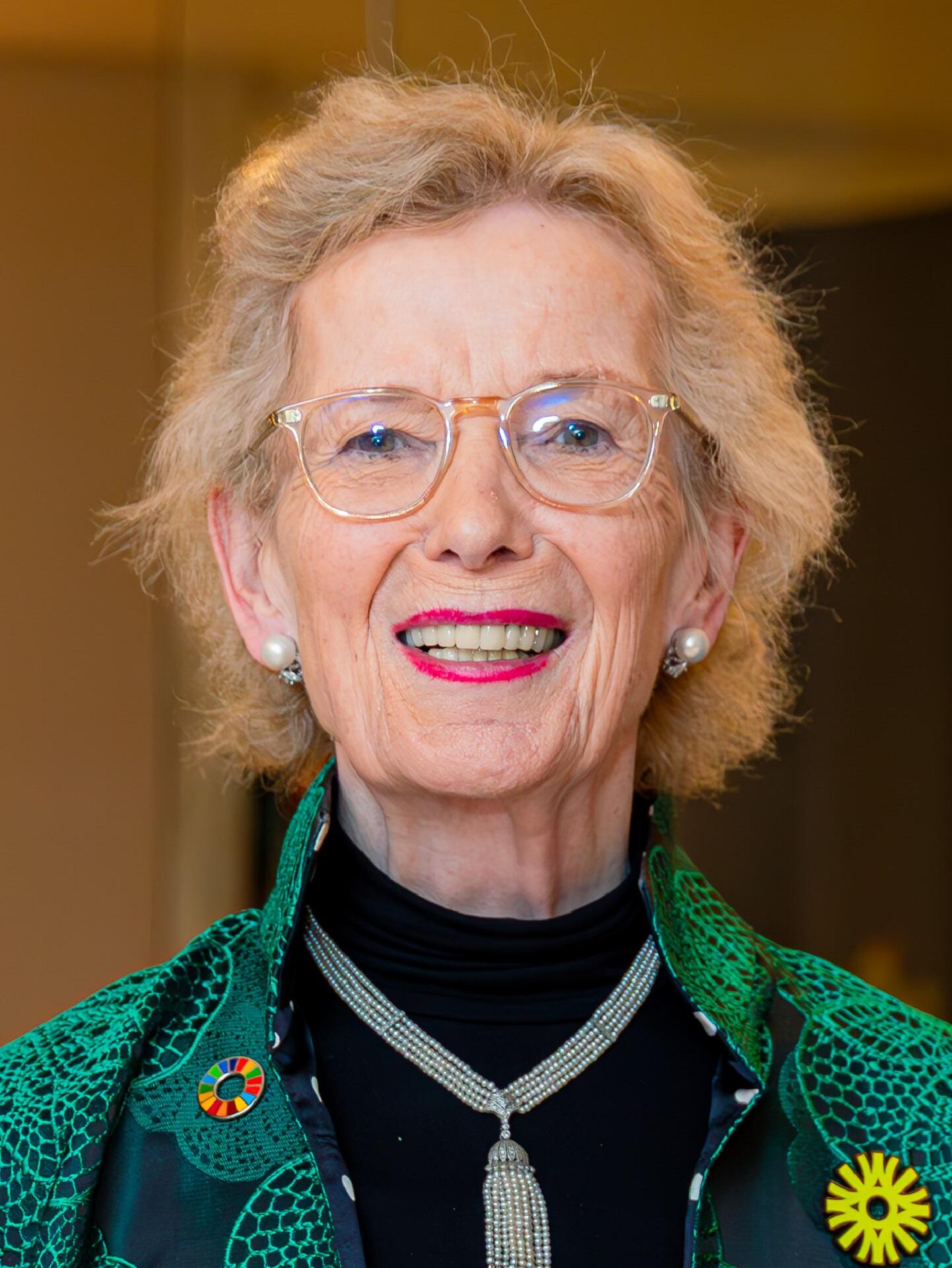
You might have noted that nearly all the entries on our list of famous Irish politicians are male. That's not by choice, but by convention. Along the historical timeline, women only recently gained the power to hold public office (and the right to participate in elections!). This female politician was, in fact, Ireland's first female president.
Mary entered politics straight out of university - well, two years after her graduation.
At just 25 years old, she became one of three senators representing the Dublin University constituency. She remained in office for nearly 20 years, stepping down ahead of winning the presidency.
Mary left the president's office a few weeks shy of her term's end. She left early to accept a position as United Nations' High Commissioner for Human Rights.
Mary remains one of the most famous women in recent Irish history, and a beloved Irish politician. Since leaving office, she's played an active role in world affairs. She is a founding member of The Elders, a group of experienced states-people who lend their wisdom to the globe's most pressing issues. She is also active in many non-governmental organisations.
Summarise with AI:

